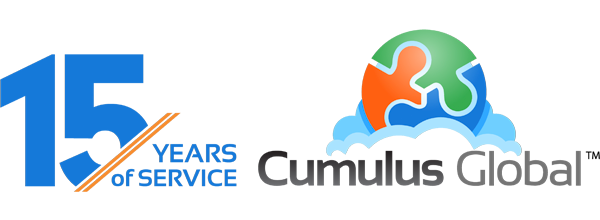
Historically, the “lease versus buy” decision for IT purchases focused on a business’ cash flow and the impact major projects would have on company financial statements. CFOs would look at leasing options when cash flow was an issue, and to see if the capital expenditures or operating costs would best benefit ROI and other key metrics.
Three factors drive the need to take a fresh look at leasing versus buying:
- Trends in End User Devices
- Moves to Cloud Computing
- Interest Rates & Economy
End User Devices: With organizations moving away from traditional desktops and laptops to Chromebooks, tablets, hybrids, ultra-portables, and smartphones, the life cycle of end-user devices is changing. These devices are not designed to last as long and compatibility with advancing systems and services is lost more quickly. The original iPad, for example, was release in early 2010 and became obsolete with the release of iOS 6 in September 2012.
The impact on businesses is that, even though they are much less expensive, refresh and upgrade cycles will need to happen more frequently if devices are to remain connected to applications and systems.
Moves to Cloud Computing: As companies move to cloud computing the need to maintain hardware platforms to support legacy applications is dwindling. And, the impact of IT as an operating expense versus capital expenditure is advantageous to the vast majority of small and mid-size enterprises. The concept of monthly recurring fees is generally accepted, although many vendors charge a small premium for monthly versus annual prepaid fees.
The impact on businesses is that the flexibility in licensing and costs, and cash flow benefits come, at a higher price than one-time purchases and annual payments. Leasing can mitigate these costs.
Interest Rates and the Economy: With a long, slow recovery and continued low interest rates, the finance costs for leasing have rarely been as low as they are currently. Even as the Federal Reserve tapers and ends its bond-buying stimulus, interest rates are expected to remain low as job growth struggles.
The impact for businesses is that the finance costs for most leasing opportunities are probably less than expected.
The Big Opportunity: Fair Market Value Leasing
Fair Market Value, or FMV, leases offer a unique, big opportunity for small and mid-size businesses today.
Win #1: FMV leases assume that you will return the equipment to the finance company and upgrade at the end of the lease. As such, they match well with planned refresh cycles needed with today’s end user devices.
Win #2: The leasing company assigns a residual value to the assets. Financing is based on the purchase price less the residual value, lowering the overall cost of the asset.
Win #3: At current interest rates, the interest cost of a 3-year lease may be less than the residual value of the asset, effectively creating a 0% or “Near 0%” financing option.
Win #4: Bundling annual prepaid cloud services lets you get the prepaid savings and still make payments monthly. At current rates, the you will likely still pay less than monthly plans.
Win #5: You can combine hardware, cloud licenses, and services in your lease, giving you one payment for all services. Leasing companies are flexible, with monthly, quarterly, semi-annual, and annual payment plans in order to best meet your business’ financial needs.
Granted, leasing is not for every business. But, it is probably worth some exploration before your next purchase. Feel free to contact us to discuss your needs and available options.
 One of the largest services that impacts Internet, and therefore cloud-based service, performance, is video streaming. The Google Video Quality Report is a free tool that lets you look at the video streaming patterns for your Internet Service Provider (ISP) and others in your area. By comparing usage patterns, you can better understand your ISP’s performance and can determine if your ISP, or another, is best for you.
One of the largest services that impacts Internet, and therefore cloud-based service, performance, is video streaming. The Google Video Quality Report is a free tool that lets you look at the video streaming patterns for your Internet Service Provider (ISP) and others in your area. By comparing usage patterns, you can better understand your ISP’s performance and can determine if your ISP, or another, is best for you.





